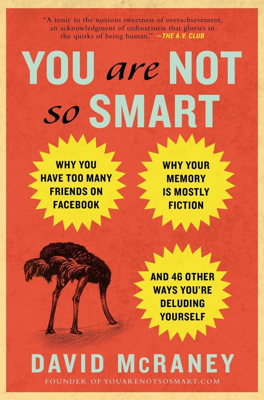Apophenia
Misconception vs. Truth
Misconception:
Some coincidences are so miraculous, they must have meaning.
Truth:
Coincidences are a routine part of life, even the seemingly miraculous ones. Any meaning applied to them comes from your mind.
Narrative and Apophenia
- Narrative Structure: Humans naturally understand and find satisfaction in certain narrative tropes, such as the hero’s journey. This drives our preference for stories with identifiable protagonists, antagonists, and a clear plot progression.
- Apophenia: The tendency to perceive meaningful connections between unrelated things. It encompasses phenomena like the Texas sharpshooter fallacy (seeing patterns in random events) and pareidolia (seeing faces in inanimate objects).
Synchronicity and Apophenia in Daily Life
- Small Coincidences: Momentary alignments like time patterns (e.g., 11:11 P.M.) or significant dates (e.g., 8/9/10) can feel notable but are simply random.
- Larger Coincidences: Significant events, such as dreaming about something that later happens, can also appear to have deeper meaning but are equally random.
Everyday Examples of Apophenia
- Believing deaths occur in threes.
- Finding it remarkable to share a birthday with celebrities.
- Assuming patterns in gambling outcomes.
- Perceiving special luck in multiple lottery winnings.
Psychological and Cultural Influences
- Story Construction: Creating a narrative out of random events in personal life can lead to actions and decisions based on perceived meaning, providing motivation and direction.
- Historical and Cultural Context: Ancient cultures and religions often assign meaning to numbers, which influences apophenia and how we notice and remember certain patterns.
Mathematical Perspective
- Law of Truly Large Numbers: In a large population, coincidences are statistically expected. Littlewood's Law suggests a "one in a million" event can happen monthly.
- Confirmation Bias: Apophenia is bolstered by confirmation bias, where meaningful patterns are noted and remembered, while random or meaningless events are ignored.
Practical Takeaway
- Recognize that while finding patterns and creating meaning out of randomness can be motivating, it is important to understand these interpretations are subjective and often not reflective of actual causality.
